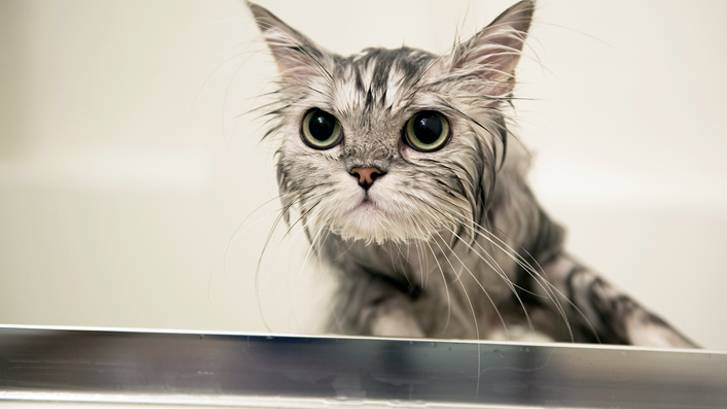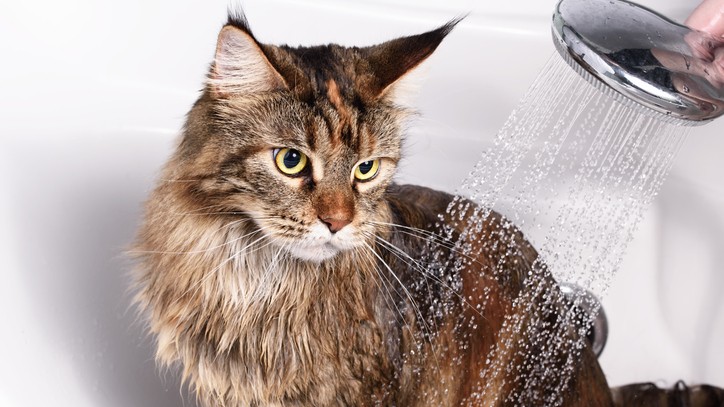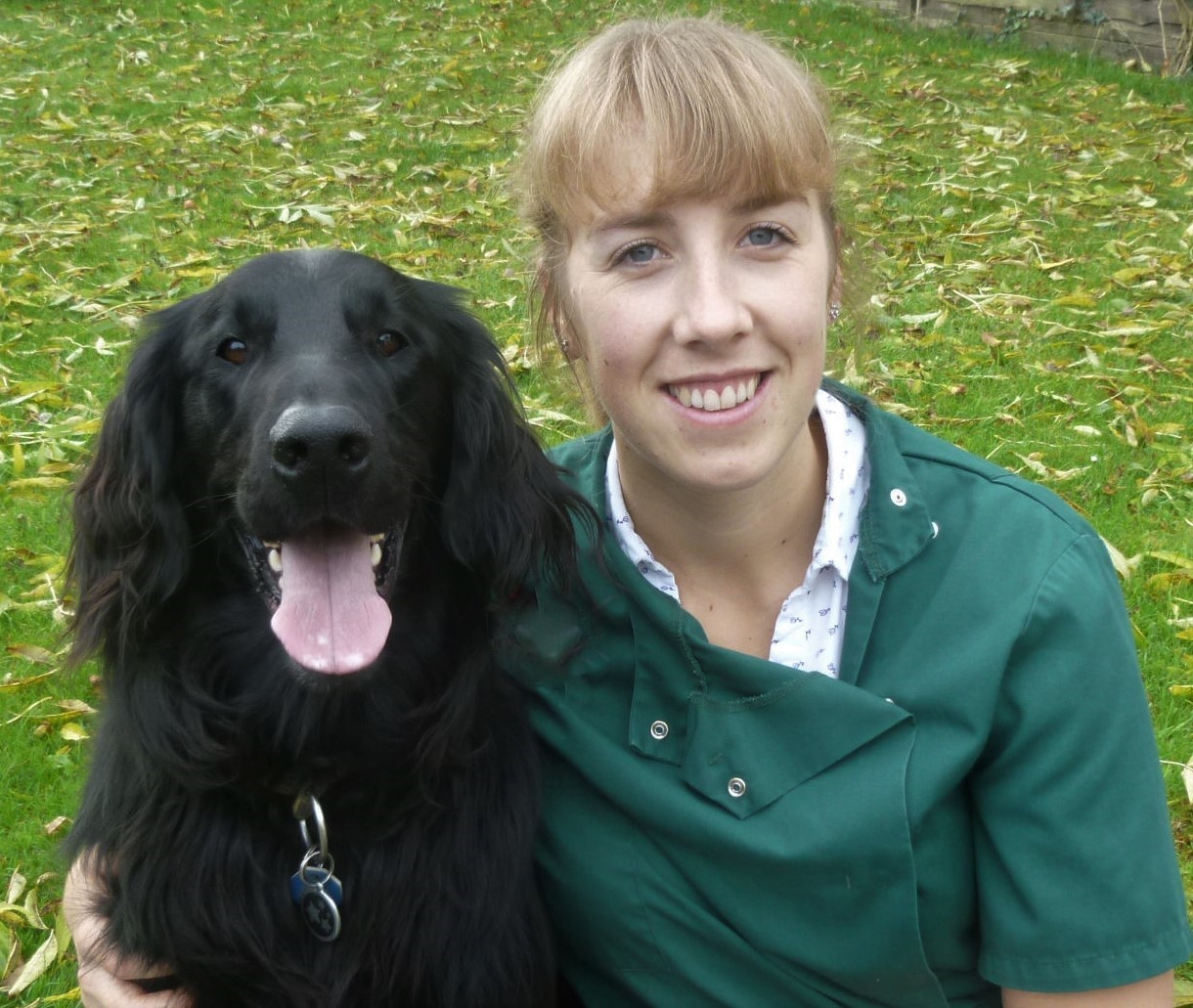How to give a cat a flea bath that hates water
Infested cats need cleaning so if you’re wondering how to give a cat a flea bath that hates water, check out our veterinary expert’s advice

Get the best advice, tips and top tech for your beloved Pets
You are now subscribed
Your newsletter sign-up was successful
Knowing how to give a cat a flea bath that hates water can be important for your kitty’s health. Since fleas are harmful – their bites potentially cause anemia that can, in extreme circumstances, lead to death – you need to quickly rid moggies of an infestation and a dip can be an effective solution.
If a cat is trying to escape your scrubbing attempts and making the process a nightmare, however, managing the problem becomes more difficult. Yet while you could try other methods – and there are plenty of the best flea treatment for cats including topical solutions and flea tablets – bathing can remain an option if approached correctly.
To that end, we’ve asked expert veterinary surgeon Rebecca MacMillan for some hints and tips that will be safe for you and your cat. Once you’ve rid your pet of the parasites, it’s a good idea to read up on how cats get fleas to help prevent further infestations. It’s also worth knowing what fleas look like on pets and in your home so you can easily identify potential problems.

Rebecca is a veterinary surgeon who graduated in 2009 from the Royal Veterinary College in London. She has a wealth of experience in first opinion small animal practice, having done a mixture of day-to-day routine work, on-call emergency duties and managerial roles over the years. She enjoys medicine in particular and she is proud to have recently achieved a BSAVA postgraduate certificate in small animal medicine (with commendation). She writes on various feline and canine topics, including behavior, nutrition, and health.

How to give a cat a flea bath that hates water
1. Choose your shampoo
Make sure you select a shampoo that is safe for use in cats (and see below for more details). It can be tempting to use dog shampoo on cats or even human shampoo but don't! Some products that are safe for dogs can be toxic to felines since they commonly contain permethrin and essential oils. Human shampoo have different pH levels and they can be harmful for a cat's hair and skin.
2. Fill the bath to a comfortable level and temperature
Don’t make the water too deep. Cats may panic if their feet don’t touch the floor of the bath. The water level should come up to a cat’s belly and be warm (not too hot). This will help to avoid some of the reasons why cats hate water.
3. Wet the fur gently
Wet your cat’s fur gently and slowly, perhaps using a small cup, sponge, or washcloth. Your cat may become scared if you use a shower head or suddenly throw a large jug of water over him!
4. Lather in the shampoo
Gently rub the shampoo into the wet fur, creating a lather. Avoid getting the shampoo near a cat’s eyes or ears.
Get the best advice, tips and top tech for your beloved Pets
5. Rinse
Rinse your cat’s fur gently, again using a washcloth or small cup of water. Make sure all the bubbles and soapy residue is rinsed out.
6. Dry your cat
Gently towel-dry your cat, to get rid of excess moisture. Don’t use a hairdryer as the noise is likely to frighten him. Throughout the process don’t forget to praise your cat and never force kitties to do anything they don’t want to. It could result in your cat becoming stressed and you getting hurt.
What can I bathe my cat in to kill fleas?
But is bathing preferable to other treatments? Actually no. Most veterinarians would advise that you use a licensed flea treatment rather than bathing your cat. If you do still decide to bathe your cat then make sure you choose a product that states it is safe for cats and that you follow the manufacturer’s instructions properly.
Does Dawn kill fleas?
Many people ponder the question, “does Dawn dish soap kill fleas on pets?”. But whether it does or not, vets don't recommend using Dawn or any other dish soap to wash your cat. While it can help reduce adult flea numbers on your pet, it is potentially very irritating to your cat’s skin and it will dry out the natural oils in their coat. It’s preferable to get yourself to a veterinarian as soon as possible to pick up some effective flea treatment products instead. You could, however, try our 10 easy home remedies for fleas on cats.
Rebecca is a veterinary surgeon who graduated from the Royal Veterinary College in London in 2009. She enjoys medicine in particular and she is proud to have achieved a BSAVA postgraduate certificate in small animal medicine (with commendation) from Nottingham Trent University in 2021.
She has a wealth of experience in first opinion small animal practice, having done a mixture of day-to-day routine work, on-call emergency duties and managerial roles since 2009.
She writes on various feline and canine topics for the Veterinary Content Company and a freelance basis, including behavior, nutrition, and health. Outside of work and writing she enjoys walking her own dog, spending time with her young family and baking!

